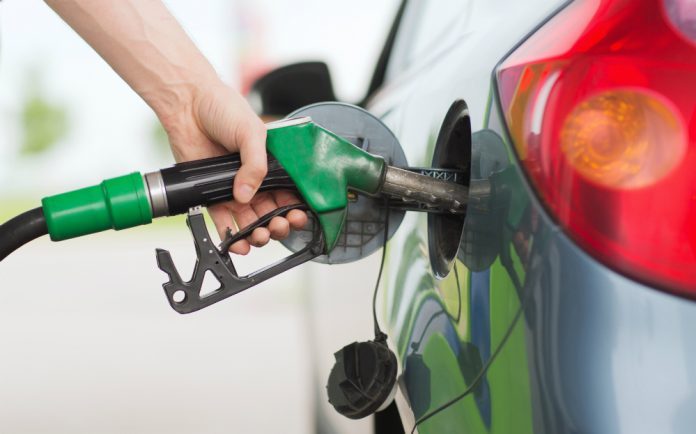The government is finalising structural reforms in the petroleum sector, focusing on renegotiating LNG contracts, addressing gas sector circular debt, rationalizing port charges, consuming surplus RLNG, and improving domestic gas tariff efficiency, Business Recorder reported, citing sources.
The 5th meeting of the Committee on Implementation of Structural Reforms in the Petroleum Sector was held on August 18, 2025, at Task Force Headquarters, Rawalpindi, under the chairmanship of the Petroleum Minister Ali Pervez Malik. The session included the Advisor to Prime Minister on Privatisation, Lt. Gen. Zafar Iqbal, Additional Secretaries of Petroleum and Power Divisions, and OGRA Chairman. Secretary Petroleum was absent due to a Senate committee meeting.
As per the news report, discussions included detailed comparisons of the Energy Purchase Price between imported coal and RLNG. Representatives highlighted that substituting imported coal with RLNG could reduce national-level losses. Data from PPMC indicated that current RLNG consumption in the power sector stands at 340 mmcfd, projected to reduce to 175 mmcfd by 2031. Potential additional consumption ranges from 95 mmcfd to 174 mmcfd depending on pricing.
The committee debated optimal pricing for LNG to minimize losses while ensuring affordability and foreign exchange savings. Recommendations on LNG price points and models that align with zero revenue requirement were finalized by a panel including Task Force and Petroleum Division officials.
The Sub-Committee on Circular Debt proposed a five-year settlement plan targeting Rs 2.029 trillion in receivables from state-owned utilities, including Rs 1.394 trillion in tariff differentials. Key revenue sources identified included savings from reduced LNG cargoes, petroleum levy, incremental dividends from SOEs, and recovery of RLNG receivables from the power sector.
The committee agreed that all inflows, particularly petroleum levy, be ringfenced exclusively for circular debt settlement to maintain transparency and financial discipline. Minor adjustments to allocations among SOEs were proposed to minimize revenue leakages.
Another sub-committee reviewed LNG tariff components, noting eleven add-ons accounting for around 40% of total costs. Legal and regulatory matters, including Sindh Infrastructure Cess, were also discussed. Port charges were identified as a major cost contributor, with PQA levies exceeding comparable rates in UAE and Bangladesh. The committee tasked PQA authorities to rationalize port fees in line with international practices.
Chairman OGRA presented a report on prevailing tariff methodology, including the Return on Asset model. A KPMG-led study will explore alternatives to enhance efficiency and introduce competition in the distribution network. The committee aims to improve transparency, ensure fair pricing, and benchmark global practices for domestic gas supply.
The Petroleum Minister emphasized the need to finalize all outstanding items, particularly pricing issues, to submit a comprehensive report to the Prime Minister. Sub-committees are expected to present final reports to the Cabinet Division by August 25, 2025, with a draft shared with the convener by August 30.























